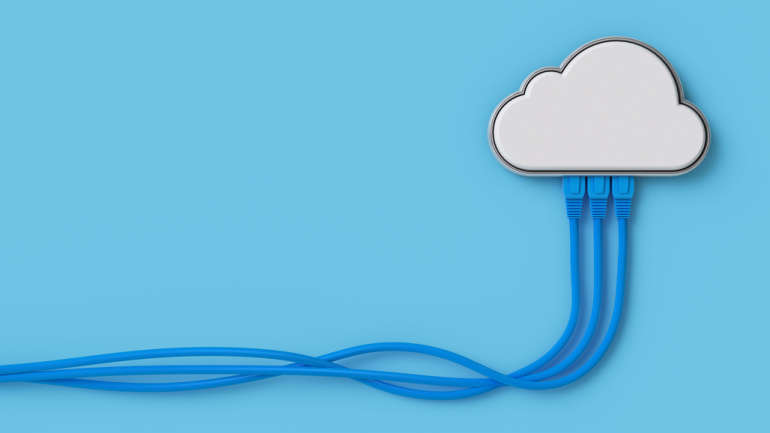
BT, UK’s leading telecommunications service provider, has announced the release of Global Fabric. This innovative product is designed to link various cloud environments, offering a suite of potential benefits. Global Fabric employs a network-as-a-service model, boasting flexibility, scalability, and resilience in terms of connectivity quality and cost-effective pay-as-you-go usage.
What sets Global Fabric apart is that it gives customers the autonomy to choose their desired form of connectivity for different applications and workloads. Not only that, but it also allows users to manage the data pathways as they transit across the network. BT asserts that this control will enhance application performance, reduce costs, and address data transit regulatory requirements.
With an e-commerce-like interface and digital orchestration, users can conveniently shop for connectivity options. Global Fabric delivers pre-integration with over 630 digital service providers and 700 data centres, which include the world’s largest public cloud providers, private clouds, software-as-a-service (SaaS), and secure access service edge (SASE) solutions.
With an AI-fueled digital orchestration layer, Global Fabric operates differently from traditional internet models. BT refers to this unique operation as ‘deterministic’, implying that customers can rely on BT to deliver a predictable application experience by optimizing end-to-end paths for applications and workloads as they navigate multiple clouds and end users.
Connectivity comes in different formats with Global Fabric. This includes a newly enhanced BT Internet service, point-to-point Ethernet, multi-point Ethernet, and MPLS, with bandwidth increments stretching from 1 Mbps to 100 Gbps.
Global Fabric also presents an eco-friendly aspect. Once fully rolled out, BT estimates that its energy consumption will total 8,326 MWh/year, a significant reduction compared to the existing international networks that consume 39,890 MWh/year – a reduction of around 79%.
Bas Burger, CEO, Business, BT, proudly proclaimed that Global Fabric is the future of connectivity, with a promise of perennial connection guaranteeing productivity. He emphasizes that customers can achieve better total costs and augment application performance while mitigating cybersecurity threats with Global Fabric.
Jan Hein Bakkers, Senior Research Director at IDC, also contributed to the press release by adding that organizations recognize the network as an integral foundation for their digital-first and cloud-centric strategies. The launch of Global Fabric significantly addresses their need to modernize their networks.
BT may need to refine its explanation of the particular issues that Global Fabric can address to its clientele. However, the general notion of a layer to more efficiently manage various cloud environments, safeguard data, and employ AI could potentially mark a burgeoning market in the forthcoming years, and BT is well-positioned to provide this service.




